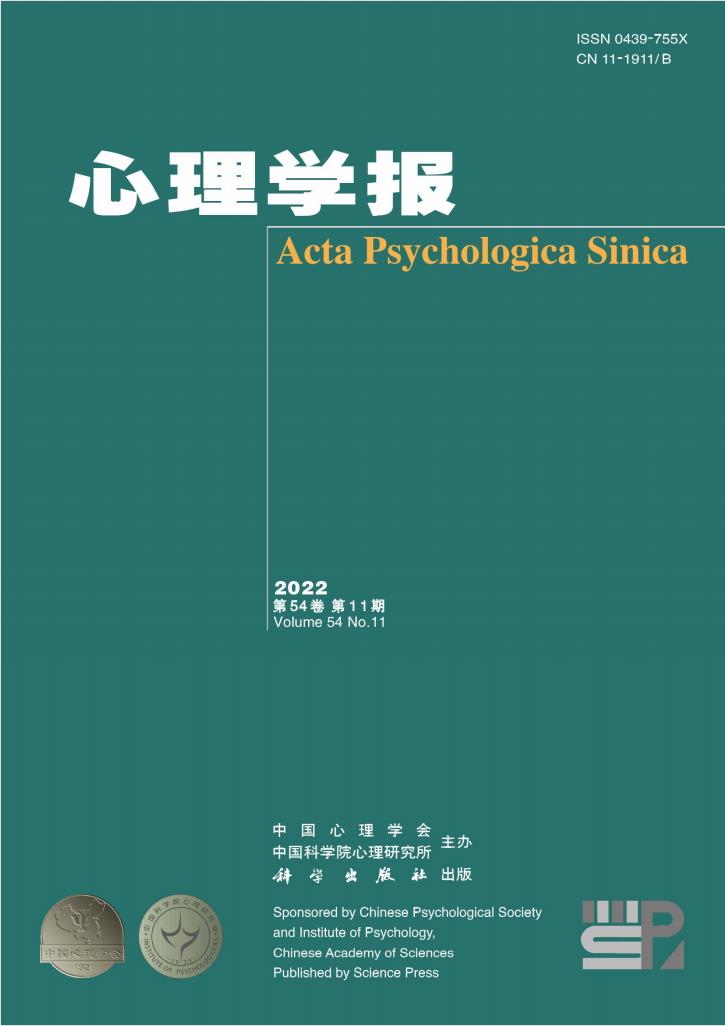The relationship between social media use and fear of missing out: A meta-analysis
IF 1.3
4区 心理学
Q3 PSYCHOLOGY, MULTIDISCIPLINARY
引用次数: 15
Abstract
Social media use and fear of missing out are both common phenomena in our daily life. Numerous studies have discussed the relationship between these two variables, but the results were mixed. Theoretically, there are two main arguments about the relationship between social media use and fear of missing out. To be specific, the social cognitive theory of mass communication suggested that there was a significant positive correlation between the two variables, while the digital goldilocks hypothesis argued that there may be a U-shaped relationship instead of a significant linear correlation between the two. Empirically, the effect sizes of this relationship reported in the existing literature were far from consistent, with r values ranging from 0 to 0.75. Therefore, this meta-analysis was conducted to explore the strength and moderators of the relationship between social media use and fear of missing out. test with fear of missing out. Other moderators such as gender, age, measurement tools of fear of missing out as well as individualism index did not moderate the relation between these two constructs. The results supported the media effect model, which suggested that social media use, especially social media use addiction may be an important risk factor for individuals’ fear of missing out. Longitudinal studies are needed in the future to explore the dynamic relationship between social media use and fear of missing out.社交媒体使用与对错过的恐惧之间的关系:一项荟萃分析
社交媒体的使用和对错过的恐惧都是我们日常生活中常见的现象。许多研究讨论了这两个变量之间的关系,但结果喜忧参半。从理论上讲,关于社交媒体的使用和对错过的恐惧之间的关系,有两个主要论点。具体而言,大众传播的社会认知理论认为这两个变量之间存在显著的正相关,而数字金发姑娘假说认为这两者之间可能存在U型关系,而不是显著的线性相关性。从经验上讲,现有文献中报道的这种关系的影响大小远不一致,r值在0到0.75之间。因此,进行这项荟萃分析是为了探索社交媒体使用与错过恐惧之间关系的强度和调节因素。害怕错过考试。其他调节因素,如性别、年龄、害怕错过的测量工具以及个人主义指数,并没有调节这两个结构之间的关系。研究结果支持了媒体效应模型,该模型表明,社交媒体使用,尤其是社交媒体使用成瘾,可能是个人害怕错过的重要风险因素。未来需要进行纵向研究,以探索社交媒体的使用和对错过的恐惧之间的动态关系。
本文章由计算机程序翻译,如有差异,请以英文原文为准。
求助全文
约1分钟内获得全文
求助全文
来源期刊

心理学报
Psychology-Psychology (all)
CiteScore
1.70
自引率
13.30%
发文量
1612
期刊介绍:
Acta Psychologica Sinica (ISSN 0439-755X) is a scholarly journal sponsored by the Chinese Psychological Society and the Institute of Psychology, Chinese Academy of Sciences, and published monthly by the Science Press.
Acta Psychologica Sinica has been included in many important national and international indexing systems such as SCOPUS (Elsevier), ESCI (Web of Science), PsycINFO (APA), CSCD. It is the flagship journal of the Chinese Psychological Society that publishes peer-reviewed original empirical studies and theoretical articles spanning the entire spectrum of scientific psychology.
Acta Psychologica Sinica publishes high-quality research that investigates the fundamental mechanisms of mind and behavior and aims to deliver scientific knowledge to enhance our understanding of culture and society. It welcomes submissions of manuscripts reporting research that is up-to-date, scientifically excellent, and of broad interest and significance.
 求助内容:
求助内容: 应助结果提醒方式:
应助结果提醒方式:


